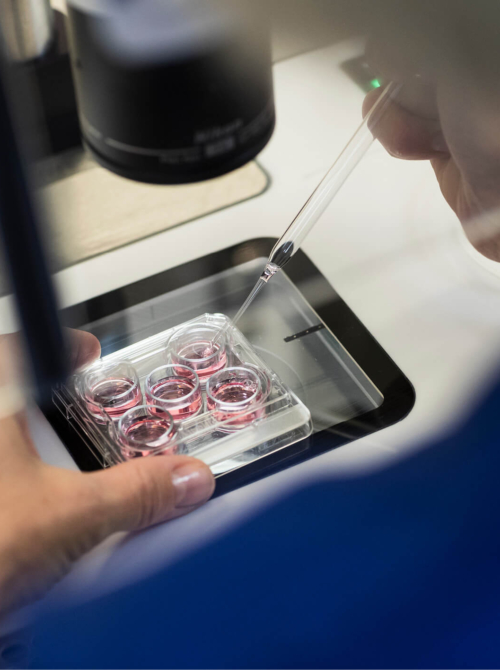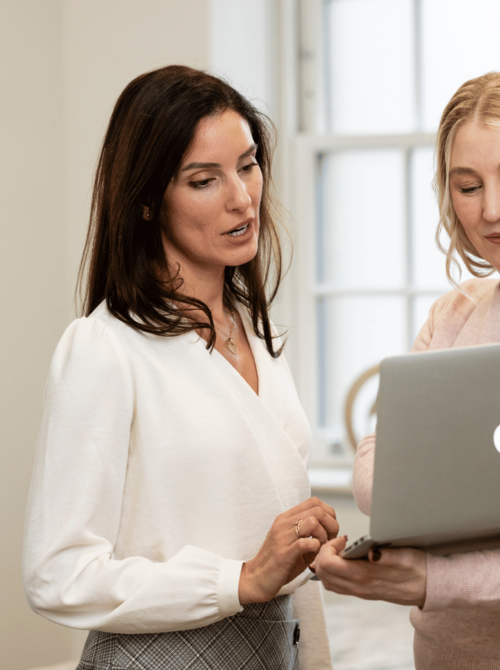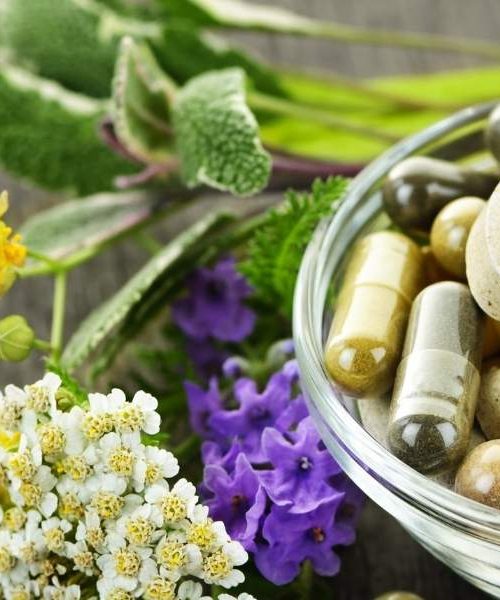Fertility and acupuncture
Many people are choosing to help their fertility with acupuncture, ensuring an overall balance is achieved for conception and a healthy pregnancy.
Acupuncture and fertility
Those who struggle with infertility are often also struggling with many other seemingly unconnected symptoms including emotional pain as well as an overwhelming feeling of loss of hope. Modern healthcare has improved vastly over the years, with many options available for couples who are struggling to conceive. These can range from home treatments, fertility drugs and IVF – which all give that extra bit of hope that many couples need.
One traditional treatment that many women are choosing to try is acupuncture, mainly because it is recognised that all of the body’s functions are interconnected and therefore an overall balance is essential for conception and healthy pregnancy. The treatment is generally safe with few risks or side effects. Every woman’s fertility journey is unique, but if you are trying to conceive naturally or through IVF, acupuncture can help during this time.
What is acupuncture?
Acupuncture is a traditional medicine which is originally from China but is now practised all over the world. Some people choose to use acupuncture to help with infertility as it has the possibility to help:
– Relieve stress and anxiety
– Address a multitude of symptoms
– Provide a sense of good physical health and well-being
– Balance hormone levels
– Increase blood flow to reproductive organs
Acupuncture and IVF
Many women have turned to acupuncture when going through IVF treatment. IVF can be a stressful experience for some and can often lead to a sense of loss of control. That’s why women often turn to acupuncture treatments, to hopefully relieve some anxiety, with the possibility that the treatment can help the IVF be successful.
Many women also say that going to regular acupuncture also helps them gain some kind of control over the situation, feel generally better in themselves and allow them to focus on another treatment.
Read our article on stress and fertility here.
Is acupuncture scientifically proven to help fertility?
There have been many research studies on whether acupuncture can be proven an effective treatment for infertility. Unfortunately, there is no conclusive evidence from these studies to prove that acupuncture does actually help. Some studies show that acupuncture does show positive results to improve fertility, with other studies showing no benefit at all.
However, don’t let this discourage you from trying acupuncture, as it still has the possibility to help, with many women confident in the fact that it did. It’s generally a safe and risk-free treatment, so if you’re interested in trying acupuncture, get in touch with us as we can help you make the right decision for you and refer you to our acupuncture specialist.
What is the process of acupuncture?
Firstly, you need to choose an acupuncturist who is a licensed professional, at The Evewell we work closely with Kite Clinic, who are members of the CthA and AFEA, and have been leading fertility acupuncture specialists for almost 30 years. Otherwise you can find licensed acupuncturists on the British Acupuncture Council’s website.
At your first acupuncture appointment, you should expect that your acupuncturist will ask you about your medical and personal history, and symptoms. They might ask you questions in which you might think are unrelated, but it’s important that your practitioner understands your health and lifestyle fully. It’s also important to let your acupuncturist know that it’s your first time, so they can take extra time to carefully explain what happens so you’re truly comfortable.
The actual process of acupuncture is with the use of needles, which are gently inserted into acupuncture points. These points are located at certain parts of your body where it’s believed that the body’s “Qi” can be stimulated. Qi is a traditional Chinese term, which translates to “life force” – figuratively speaking and more widely known as “energy flow”.
The most common areas for acupuncture points are located in your lower arms and legs but points are all over the body, so you may be asked to wear loose clothing in order to easily get to those places.
Acupuncturists use disposable, single-use needles which must have the following criteria:
– Be sterile
– Be used only once and thrown away
– Have a handle
– Be made of stainless steel
That’s why you should only go to a licensed acupuncturist, as they have to work in exceptionally clean environments.
Other acupuncture techniques
There are other techniques that some traditional acupuncturists may use as well as using needles in Qi points. Examples of the other techniques are:
– Moxibustion. This is where heat is applied to Qi point, and/or use heat lamps to warm and relax the muscles
– Guasha. This technique involves rubbing the skin quite vigorously, in order to increase blood flow
– Tuina. Tuina is a type of Chinese massage, which aims to be therapeutic, by relieving muscle tension and stimulating the flow of Qi and acupressure points
– Cupping. This is when small glass cups are placed onto the skin, with each having a vacuum seal to help stimulate blood flow
What are the risks and side effects of acupuncture?
Acupuncture is generally a very safe treatment with few side effects. However, there is a small risk that if not done properly, the practitioner may push the needle in too far which could result in a serious injury – but again, is very unlikely. Some of the side effects that can occur may include:
– Bleeding or bruising around where the needle was put in – this can be common in many treatments involving needles
– In rare cases – an infection from unsterilized needles
– If a person has a blood clot or uses blood thinners, they may experience excessive bleeding
– Again to minimise some of these risks, always choose a qualified and licensed acupuncturist so you know you’re getting the best treatment.
How can we help?
At The Evewell we truly care about all of our patients and their loved ones. If you’re struggling to conceive and would like some guidance or advice about the Fertility treatments that we offer, then please get in touch with us. What we can do to help you through this challenging time, is arrange a consultation with one of our specialist doctors to guide you through the process or refer you to our fertility counsellor for support. Whatever your needs, we are here to help.
Get in touch by either emailing us at appointments@evewell.com or giving us a call on 020 3974 0950.
Please see the full list of Fertility services we offer here.





